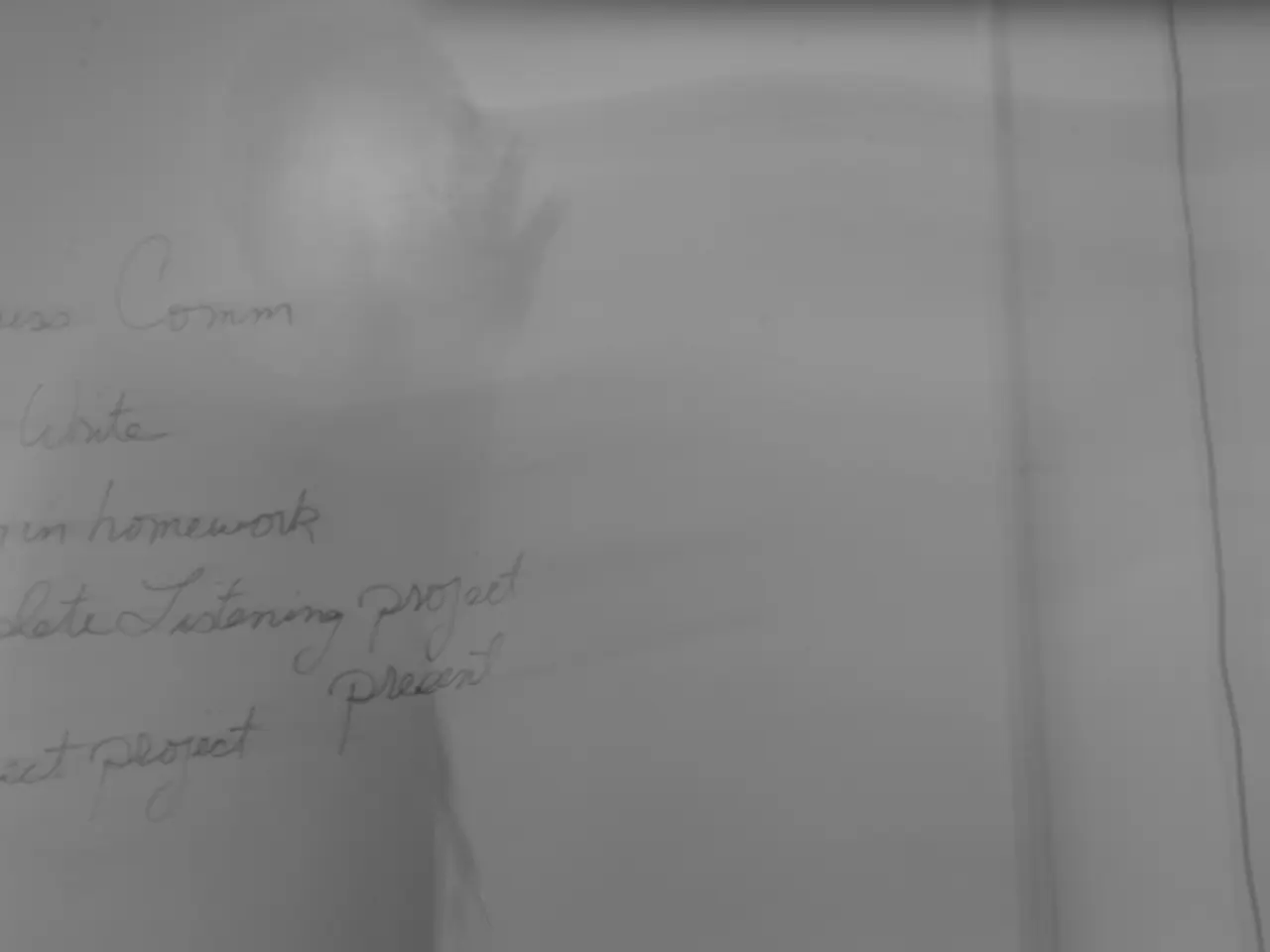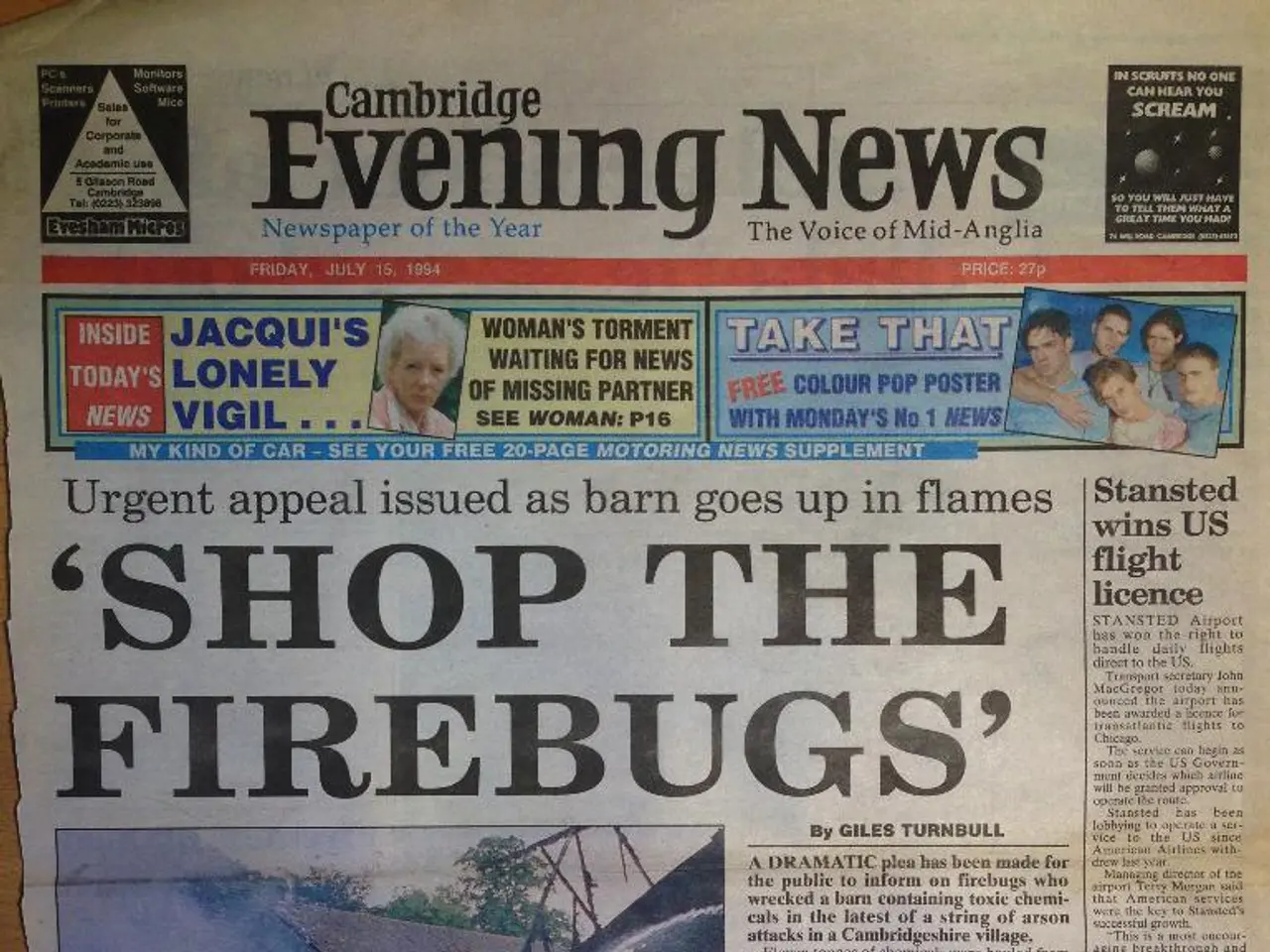Expert Advice on Legal Nursing Consultancy, as Provided by Pat Iyer
In the intricate world of law, a unique profession has emerged that bridges the gap between medical knowledge and legal processes – Legal Nurse Consulting (LNC). This specialised role, played by registered nurses with additional training, is becoming increasingly vital in cases involving healthcare matters.
LNCs, such as Molly Hall McGrath, serve as medical insiders who make legal cases involving health issues more efficient and effective by providing clarity and expert insight on medical documentation and healthcare practices. Their primary functions include analysing and interpreting medical records, educating attorneys and paralegals about complex medical information, preparing timelines and summaries of medical events, assessing standards of care, and assisting in locating and coordinating medical expert witnesses. In some cases, they may even act as expert witnesses themselves.
It is essential to understand that LNCs are not the same as paralegals. Paralegals, while crucial legal assistants, do not have medical knowledge. In contrast, LNCs focus on the medical and healthcare aspects of legal cases. While a paralegal might transcribe what they see on the screen, a legal nurse consultant interprets the context, identifies missing data, and provides expert analysis.
The emergence of LNCs was particularly significant before digital records, when medical documents were often handwritten, causing gaps and interpretation challenges that LNCs became essential in addressing. Today, LNCs analyse medical records for clarity and accuracy, going beyond surface-level documentation to uncover subtleties that could be missed by someone without medical training.
In the legal field, the difference between a legal nurse consultant and a paralegal lies in the interpretation and analysis of medical records and data. LNCs are crucial in bridging the gap between medical records and legal cases, ensuring the legal team fully understands the medical nuances before presenting a case. This specialized expertise complements but is distinctly different from the broad legal support role paralegals provide.
In a recent podcast, Pat Iyer, President of the Pat Iyer Group PLLC and a renowned author and legal nurse consultant, shared her insights and expertise on the legal nursing field. Iyer, with decades of experience, highlighted the importance of LNCs in identifying gaps, red flags, or hidden risks within medical records, which can be pivotal in cases such as medical malpractice, personal injury, or healthcare fraud.
In summary, the significance of legal nurse consulting lies in its ability to translate medical complexities into actionable legal insights, which can be pivotal in a wide range of legal cases. For those interested in delving deeper into this topic, resources such as blogs, websites, and podcasts offer valuable information. By visiting these platforms, one can access free legal staffing resources, expert advice, and practical tools to empower their legal team.
A legal nurse consultant, such as Molly Hall McGrath, functions as a vital link between medical knowledge and legal processes, offering services like analyzing and interpreting medical records, providing expert insights on medical documentation, and serving as medical insiders in legal cases. In contrast, paralegals, while crucial legal assistants, do not possess medical knowledge; they focus on legal support services rather than interpreting and analyzing medical records. Furthermore, in the realms of health-and-wellness and science, legal nurse consultants play a significant role by uncovering hidden risks, red flags, and gaps within medical records, aiding in cases such as medical malpractice, personal injury, or healthcare fraud.




